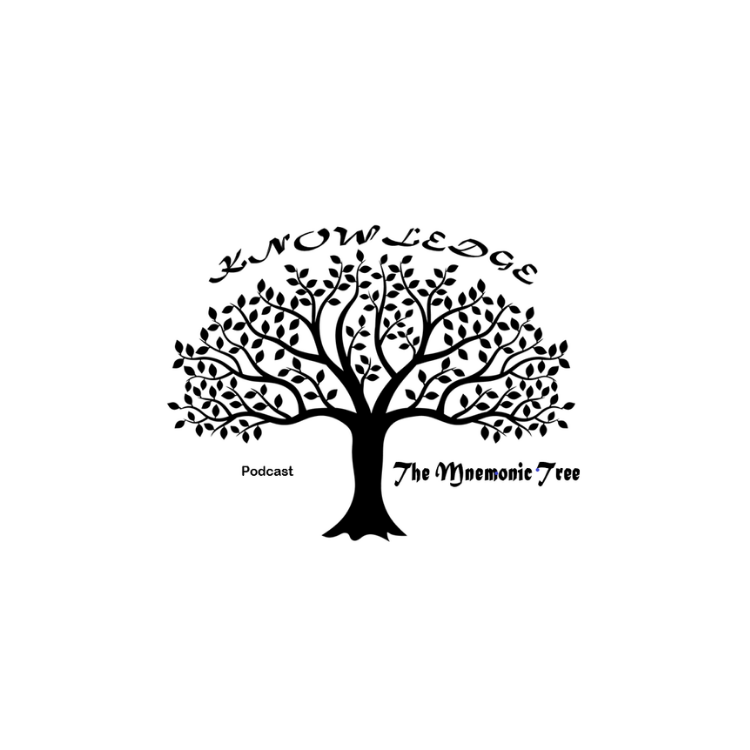Loci Memory Training
One of the most common mnemonic strategies in practice is loci memory training. This practice method has a long history, during 556 B.C.-468 B.C. famous poet Simonides introduced the power of imagination to extract the best possible benefit of the method of loci. In the later stage, this method was also adopted by artists to narrate, perform, and address the spectators. They do all this by recalling the bullet points and then caring about their presentation.
How Does The Method of Loci Work?
The mental strategy behind the loci memory training is to develop and utilize the power of imagination. One can easily imagine himself/herself placing items around a house, be it in the bookshelf, kitchen drawer, below the couch, among the garden pavers, or in the neighborhood. The word is derived from the word locus, meaning location. The items that you are placing at different locations are the pieces of information that you are trying to learn.
Let’s say you were told to do the month-end grocery, now you can utilize the method of loci to recall the list when you reach the shopping center. You can simply visualize yourself walking back to the bedroom, picking up the TV remote, and then placing it on the third shelf, and so on with other items. This will trigger your brain cells so that you can recall the information.
Read About Method of Loci Example
How Effective Is the Method of Loci?
When it comes to learning, loci memory training turns out to be an effective method. A considerable number of studies have demonstrated that the people who all are involved in the process showed significant improvement in the ability to recall information and the way to utilize it. The study was conducted across different age groups including older adult learners, medical students, and college students. Researchers figured out that each group had demonstrated an effective increase in the memory performance.
The technique for loci requires an undeniable degree of consideration. Strangely, this is the explanation of one of the investigations that raised an inquiry that the method for loci could be utilized by matured individuals as they were prepared in it. The analysts arrived at the resolution that almost 35% of the members kept on utilizing the loci memory training after the instructional meeting and their memory execution got to the next level.
Another review included a gathering of younger students and did two effective overviews. In the principal overview, the understudies were taken to another area with the goal that they could genuinely notice the spot. Then, at that point, a couple of things were put aimlessly and the understudies were approached to remember them. In the subsequent study, the understudies were taken to a notable spot and the same thing was rehashed. Then, at that point, in the wake of returning to the office, the understudies were approached to review the same things/things put at various areas. With no curveballs, the specialists figured out that practically every one of the understudies could undoubtedly recall the things put in the subsequent stage. Consequently, they presumed that the natural area prompts simpler memory power.
How Mild Cognitive Impairment Benefits From the Method of Loci
Only in some cases, mild cognitive impairment progresses to Alzheimer’s disease. It has been seen that people with MCI have shown effective results in improving their ability to remember and learn information, this is possible by using mnemonic techniques that include the method of loci. The success behind using the loci memory training is its elaborative rehearsal of information. The elaborative rehearsal involves manipulating the information and thereby adding meaning to it. It does not simply list and repeat things.
Compared to other mnemonic strategies, loci memory training is a lesser known technique to the public. The developing letter or word mnemonics, and chunking information are fairly known among different age groups. In several research studies, it has demonstrated its effectiveness and thereby deserves more attention. It is a legitimate way to improve one’s ability to recall and learn information.

